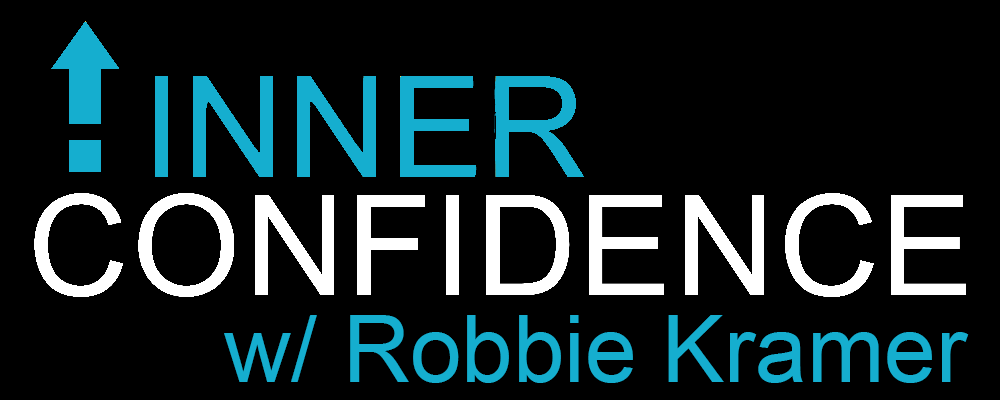The Truth About Confidence
Think about when you were a kid learning to ride a bike. Were you confident when you started? Probably not. Did you have any logical reason to be confident? No way. But what happened? Despite being unconfident about your abilities, you persisted and continued to practice. Over time, you slowly got better, and once you became proficient, you became confident.
You didn't feel confident until you became good, and you ONLY became confident because you became good.
This is an important idea: we don't get confident in things until after we become good at them. The “common sense” idea that we first we feel confidence, then we act on it is WRONG.Don’t get stuck in this trap.
Don't wait to take action until you feel confident.
Take small actions and build small habits, and over time you will improve. When you become good, you'll feel confident. People confuse the feeling of confidence with the actions of confidence. The feelings don’t come until you’re successful, and the actions are what matter. Let’s take a practical example: asking for a raise from your boss. It doesn't matter what you feel inside (confident or nervous). It’s your outward actions (including body language and vocal tonality) that matter in your ultimate success.
Another example: I could have all the confidence in the world about flying a plane (the feeling of confidence). But if I don’t know how to actually fly a plane (the actions of confidence), then that feeling is useless and I’ll crash the plane.I like to ask my clients “If you were offered the feeling of confidence but with none of the actions, would you take that offer?” I haven't met anyone who's said yes, because everyone recognizes this difference on an intuitive level.In social psychology, the closest concept to confidence is known as self-efficacy.
The research on self-efficacy shows that it is different in each life domain.
In other words, confidence isn’t something you either have or you don’t; it’s something that varies in each area of your life. You could be extremely confident at work, but unconfident about your health, or confident about approaching women, but unconfident about starting relationships. For this reason, it isn’t helpful to waste your energy on building confidence in a vague, general sense. Improving your life is about changing behavior.
When you're changing your behavior, get specific.
Set measurable goals for different areas of your life, like losing 15 pounds, approaching 100 girls in a month, and being more assertive at work.Confidence is built by taking consistent actions towards specific goals, not by vague efforts of “trying to be more confident.” Confidence is valuable not because it feels good, but because of the actions it helps you accomplish. Practice builds confidence. Start taking action and confidence will naturally follow.
“With accomplishments comes confidence and with confidence comes belief. It has to be in that order.”
-Mike Krzyzewski, Duke men's basketball coach (considered one of the best coaches of all time in any sport)
